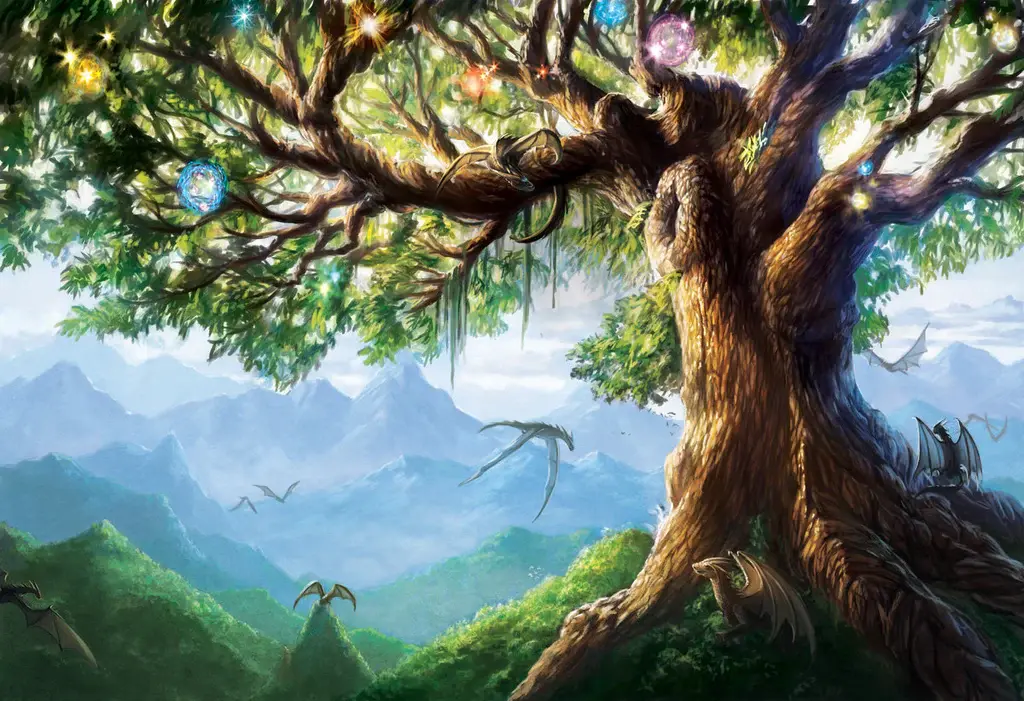Norse Mythology
Your home for discussion of Norse mythology, the body of myths of ancient speakers of North Germanic languages.
Rules
We’ll start simple and adjust as necessary:
- Don’t just be civil, be nice as well.
- No racism, bigotry, or discriminatory ideologies.
- Mythology should be discussed from a historical and etic perspective.
Getting Started
The vast majority of Norse myths come from two books that are surprisingly accessible to modern audiences if you have a good translation. And as it so happens, they are also free!
My recommendation is to download this version of the Poetic Edda and this version of the Prose Edda.
The Poetic Edda is a compilation of poems composed by mostly anonymous authors. Although these were first recorded on paper after the conversion to Christianity, linguistic evidence supports the notion that most of the poems were originally composed during the pagan period.
The Prose Edda was composed in the 13th century, and is traditionally thought to have been written by a Christian scholar and chieftain from Iceland named Snorri Sturluson. Snorri’s motivation was to provide a narrative guide to deciphering and composing skaldic poetry in the ancient style. Accomplishing this goal required him to recount pagan myths that are referenced in this type of poetry as accurately as he was able. Although the Prose Edda is not a perfect source, the author is motivated to deliver accurate information and details in his narratives are often confirmed by carvings on pagan picture stones found throughout the Norse diaspora.
view the rest of the comments

Interesting but very good points. I was talking to someone else recently about mythology and how modern ideas influence how we see mythology. I was referring more to other things, but the idea of multiple universes could be pretty modern all things considered.
I think I remember reading that Jewish tradition for a while put Sheol as a realm under the earth, and not like a separate dimension like how we often picture the nine realms. With that in mind, it does make sense they'd believe the various realms are physically under the same sky, just so far away as to be completely inaccessible.